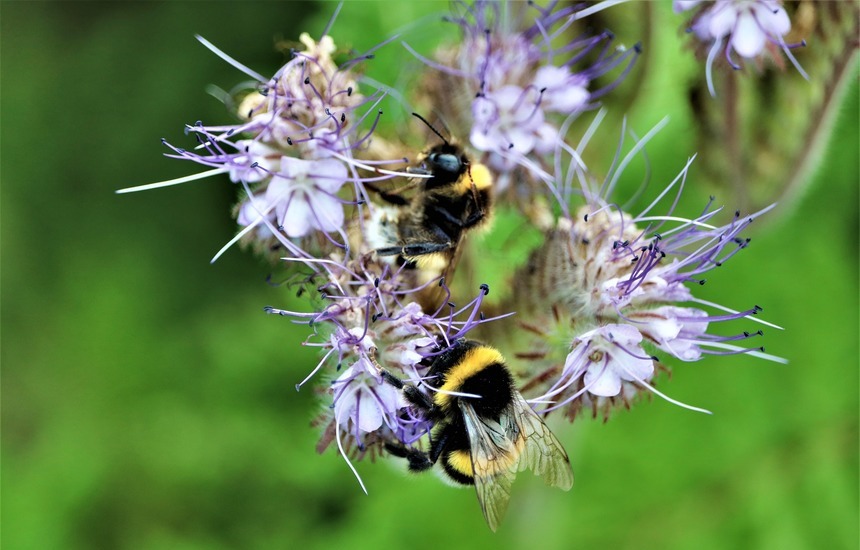
Already in 2016, the United Nations Environment Programme (UNEP) warned us that a global increase in zoonotic epidemics, i.e. epidemics affecting humans from animals, was a real concern.
In particular, it noted that 75 % of all new infectious diseases in humans are zoonotic and that these diseases are closely linked to ecosystem health.
UNEP Executive Director, Inger Andersen, warned that "with COVID-19, the planet has sent its biggest warning: humanity must change."
The United Nations has already taken action, declaring this decade (2021-2030) the Decade for Ecosystem Restoration.
The aim is to provide a coordinated global response to habitat loss and degradation through international policies to restore the relationship between humans and nature.

While we, humans, try to return to normality after more than two years in which we have reinvented ourselves, acquired new habits and skills, developed new ways of relating to each other, and learned many lessons, we cannot ignore the overwhelming need to protect nature and all other beings on this planet, so that nature itself can protect us.
There is no other choice, either we all live in harmony, or we, humans, will pay the consequences of not doing so. How? Through ever more frequent natural disasters, food shortages, worsening air quality, and new infectious diseases from animals, among others.
This is a particularly delicate time. The balance of everything around us is on a fine line, and right now, it is up to us whether it falls or not.

Agencies, governments and institutions must get down to work. Public awareness policies are not enough. More needs to be done. The response must be unanimous and coordinated.
Today, there are countries that have been committed to an economy based on the preservation of diversity for years, while others take little or no action at all. This disparity is what continues to damage the planet. We must all pull in the same direction.
The pandemic has only reminded us how fragile the balance is and how interconnected all of us on this planet are.
It is necessary to assume that what happens to one species, to one ecosystem, to one country, is very likely to have repercussions for people in the other hemisphere, in the world, in our social system.

